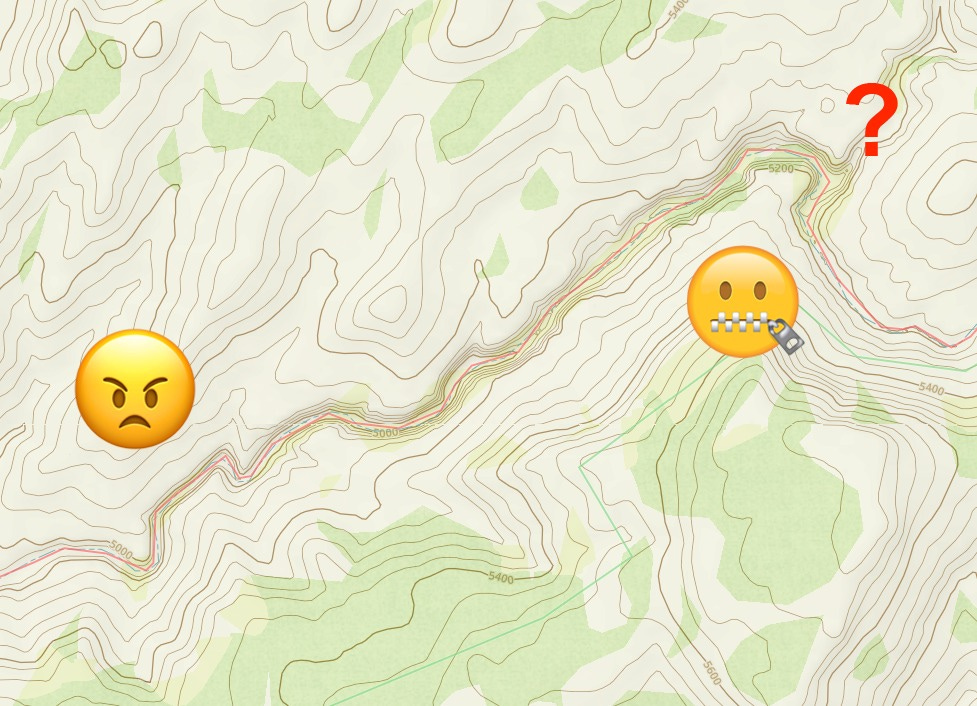Originally published in Instructional Canyoneering Resource on 4/23/2004
During a podcast about photography in canyons, the subject of "gatekeeping" came into the conversation. We decided to keep this subject for a different episode. In the meantime, I decided to draft an outline to examine this issue that divides canyoneering communities.
WHAT IS GATEKEEPING?
Oxford dictionary:
"...the activity of controlling, and usually limiting, general access to something."
It looks like since its inception, canyoneering in the American Southwest, was born in a gatekeeping cradle. Watch the documentary "Gorging" sections that talk about keeping canyons locations secret, and the renaming of canyons by those who decided to mass disseminate locations and beta.
GATEKEEPING IS UNIVERSAL
Gatekeeping is widely known and practiced in all kinds of activities. Fishermen like to keep fishing holes secret, photographers want to keep spots with unique points of view secret, ruin-hunters embrace the location secrecy of undisturbed ruin locations, surfers aggressively enforce a "locals only" access to some surfing spots. So, it should not be surprising that a fragile, rare commodity like a deep beautiful canyon offering wilderness and solitude may be treated under gatekeeping practices.
CANYONEERING GATEKEEPING PRACTICES:
Restricting access by a permit system to control visitation
Refusing to disclose a canyon location and beta
These 2 gatekeeping practices are very different.
One is actively preventing you from visiting a canyon unless you ask permission.
The other one is not actively preventing you from visiting a canyon, it is just not facilitating your curiosity or desire to visit it. But you can engage in true exploration if you want.
THE GOOD, THE BAD, THE OPPORTUNITY
Gatekeeping is good for wilderness conservation,
But not good for 'canyonistas' (canyon-tourist that need a tourist guide i.e beta)
This opens the opportunity for canyoneers that want to become known in a community by trading canyon beta disemaination for name recognition, book profits, or status.
SAFETY VS GATEKEEPING
I've noticed a difference between canyon explorers in other parts of the world, and canyon explorers in the American Southwest. It looks like in other parts of the world they may keep the canyon secret, or with limited disemiation, until is fully-equipped with anchors, and properly beta'ed. All this with safety in mind. Whereas in the American Southwest, there is this drive for secrecy, or to socially enforce 'exploration techniques' in canyons that are no longer first-descents and engage in a murky mix of "fist descent ethics", "LNT", and "Problem Solving" justifications. In the end, all these have resulted in canyon damage, a sport in arrested development, and land managers contemplating closing access to canyons, or extending restrictive permitting systems.
The Gorging Documentary (2013) has been a harbinger of things to come in terms of attitudes in the sport towards conservation and access.


